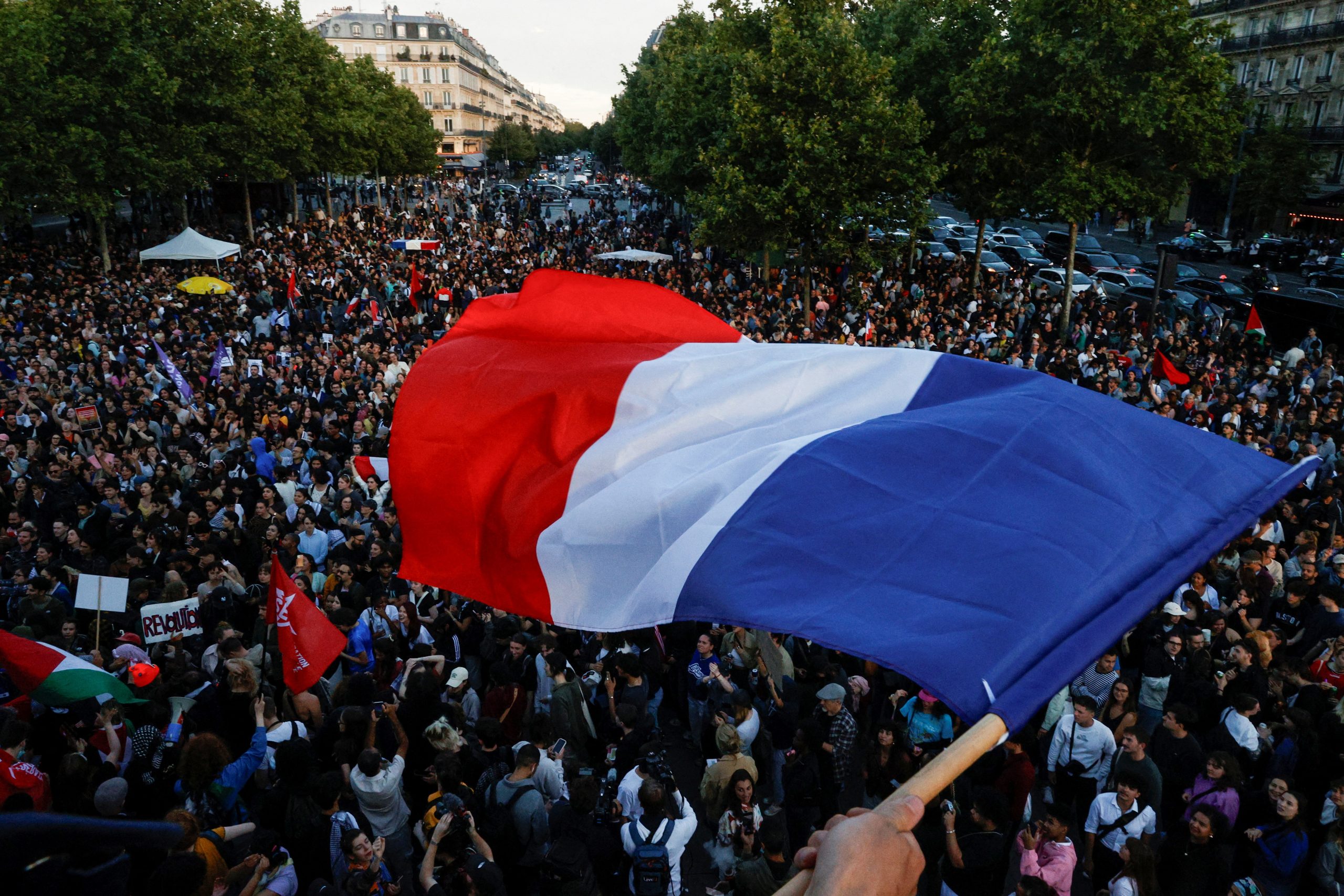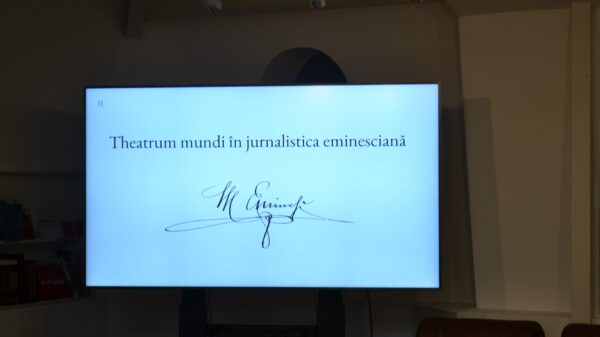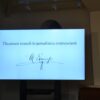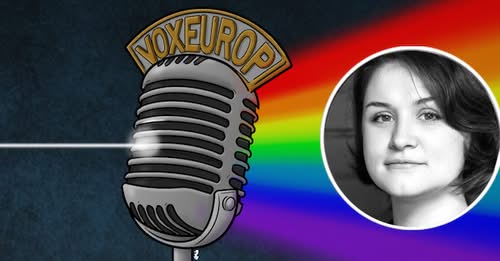Looking now at these elections and their results, we can draw some conclusions, perhaps clearer and more profound than under the excitement and media hype of May-June 2024.
From a strictly arithmetical point of view, in these elections, the Rassemblement National (populist right) came first in terms of votes with 10 218 847 votes, followed by the Nouveau Front Populaire (a coalition of left-wing political groups with nostalgia going as far back as communism) with 7 005 027 votes and the Ensemble (President Macron’s party) with 6 313 859 votes. On the electoral front proper, the elections gave 184 seats in parliament to the New Popular Front, 166 seats to the presidential party and 143 seats to Marine Le Pen’s party, the Rassemblement National.
Just over 43.3 million French people turned out to vote, with a 66% turnout. By region, the east (especially Alsace and Lorraine) and the south of the Mediterranean were more in favor of the Rassemblement National, while the rest of the country was divided between the Macron party and the left-wing coalition.
A first pragmatic analysis shows that nobody has an absolute majority, with the New Popular Front far short of the 289 seats needed. However, it dominates several major cities (Nantes, Toulouse, Lyon) and the Paris suburbs.
The coalition party backing President Macron loses 84 seats from the previous election but will be the second largest party in parliament, allowing the president to continue to referee the political battle. He gets the best results in the west and in the neighborhood of Paris, in areas considered representative of the middle class.
If the hesitations, the lack of a coherent and adequate program for the current problems of the French society have been rightly blamed on the Rassemblement National party, the left-wing coalition has benefited from a more than lenient presentation. President Macron, the French and international press have been competing in sounding the alarm bells and denouncing the „resurgence of fascism”, the danger of the extreme right, etc… However, the votes for the Rassemblement National party express less an adherence to the party’s ideas and doctrine (both fluctuating and unrealistic) than an amendment of the current political class and, in particular, President Macron. From the protest movements of the yellow vests to the recent elections, it is more and more obvious that a large part of the French population does not see itself in the politicians who claim to represent it. In a kind of frenzy, these dissatisfied and, in their opinion, misunderstood citizens give their vote to the party considered the main enemy of the current political system. I say considered because the reality is slightly different. Rassemblement National has been excessively demonized, being given an importance that it could hardly have won at the polls with its populist ideas that are easy to combat and ridicule.
Perhaps it should be recalled that the National Front (from which the current Rassemblement National emerged) was a creation of President Mitterand who thus weakened the right-wing opposition at the time and allowed François Mitterand to win a second presidential term. The current party leaders have made desperate efforts to rid themselves of their movement’s recent past, trying to promote new people with populist leanings, but far from the far-right ideology of the 80s and 90s of the last century. It is true that the adherence to Putinist politics is not made to increase their credibility. But, as Teodor Baconschi points out, Jordan Bardella (who would have been nominated for prime minister by the Rassemblement National if he had won the elections) could not have afforded too much, and it is quite likely that he would have tried to gain political capital by a more moderate government.
Instead, the New Popular Front brings into parliament 9 seats from the French Communist Party and a multitude of people who do not hide their sympathies for the far left and for various communist regimes of the past or even the present. The friendship and mutual admiration between Melanchon, the leader of the coalition, and Chavez is well known, as is Melanchon’s praise for the Castro regime.
The desire to block at all costs the Rassemblement National from winning the elections has led to dangerous coalitions that are just as damaging to democracy and freedom of thought as those they claim to be fighting.
In the recent past, when communist parties were disbanding or changing their names in Western Europe, French Prime Minister Lionel Justin said in 2000: „I am proud to have in my government members of the communist party”. This mentality, which has never been amended, this refusal to condemn communism, this lack of critical spirit and the failure to understand recent history and its great tragedies are what the New Popular Front is emphatically reviving. And the agreement between the presidential and left-wing coalitions in the second round of the legislative elections (by withdrawing one of the candidates in order to increase the chances of the remaining candidate) led to the loss of the elections by the Rassemblement National, which is strengthening its position by benefiting from the ostracization it is claiming, but risks resuscitating a political corpse that not only President Macron, but the whole of France, will have to put up with and will have more and more difficulties to eliminate in order to reach social harmony and a society whose value system is unanimously respected.







